
With the aim of contributing to social cohesion and the well-being of people, the Pere Tarrés Foundation carries out studies and reports that analyze the main social and educational challenges of our time, often within the framework of networking with other organisations. The Foundation thus makes available to society all its experience in fields such as social intervention, training and research in social action, education and social organisations.
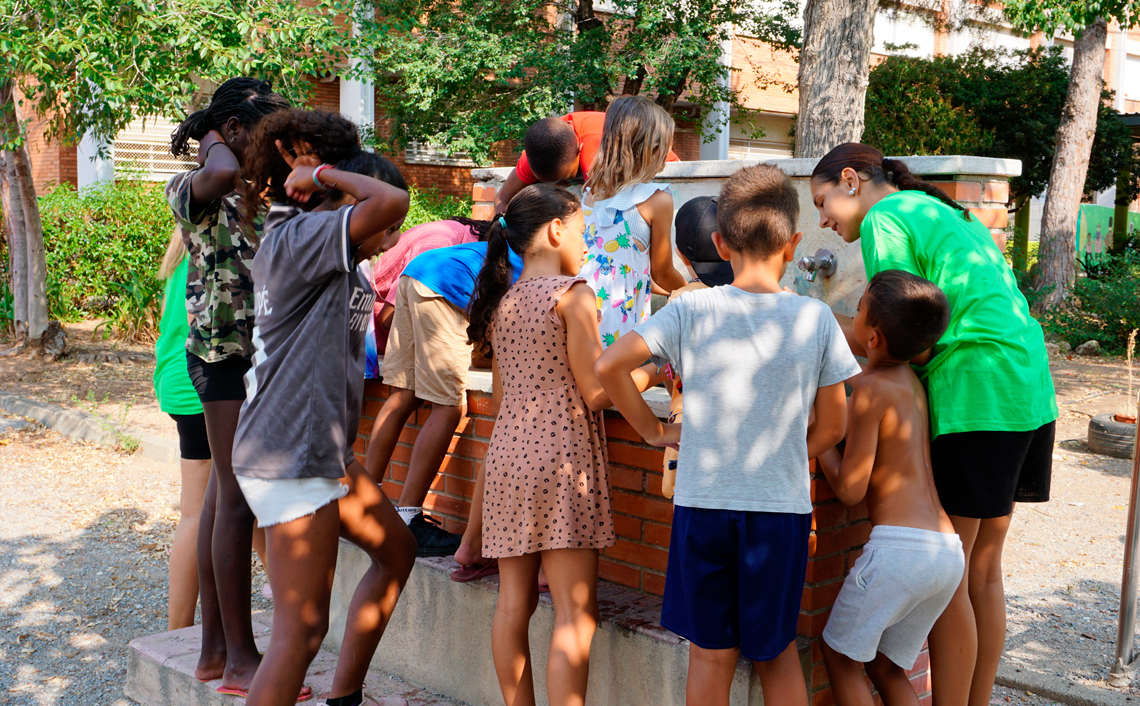
The situation of vulnerability of people who apply for scholarships each year so that their sons and daughters can enjoy leisure activities in the summer remains critical after several consecutive years of crisis. The annual report of the Pere Tarrés Foundation in the regions of Tarragona on the living conditions of families that have received scholarships in the summer, indicates a worrying chronicity of vulnerability. In fact, the number of families in Tarragona receiving scholarships who find themselves in extreme poverty is growing.
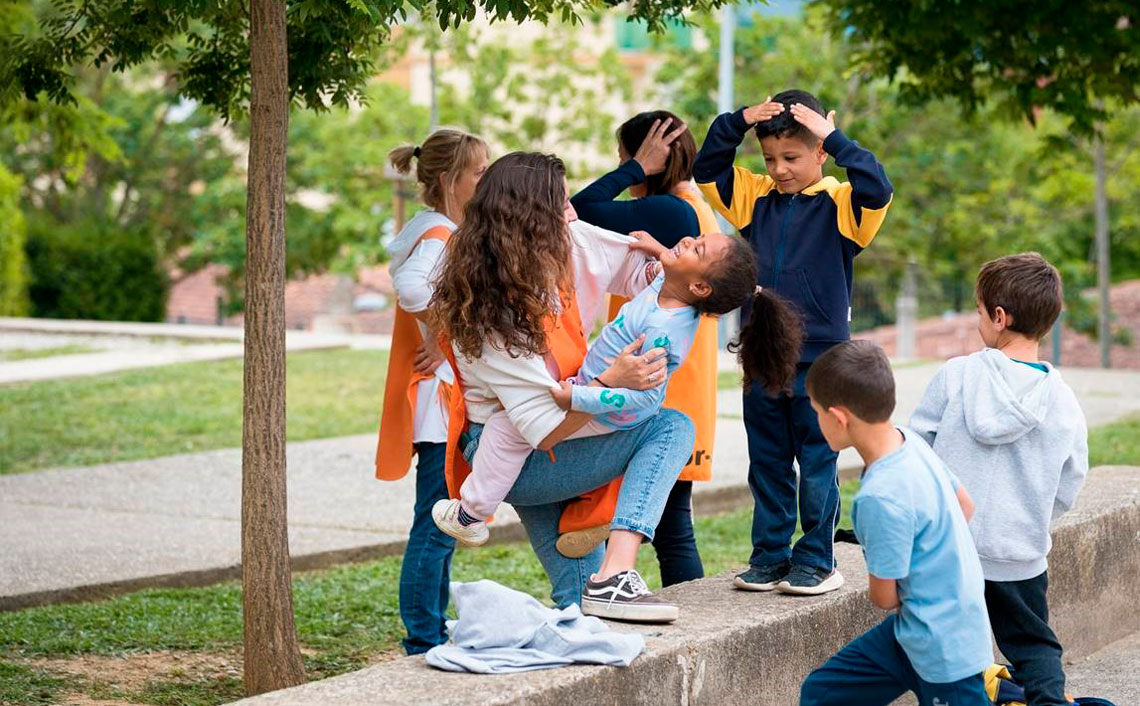
The vulnerable situation of people who apply for scholarships every year so that their sons and daughters can enjoy leisure activities in the summer remains in a critical situation after several years of crisis. The annual report of the Pere Tarrés Foundation on the living conditions of the families that have received grants in summer indicates a worrying chronicity of vulnerability.
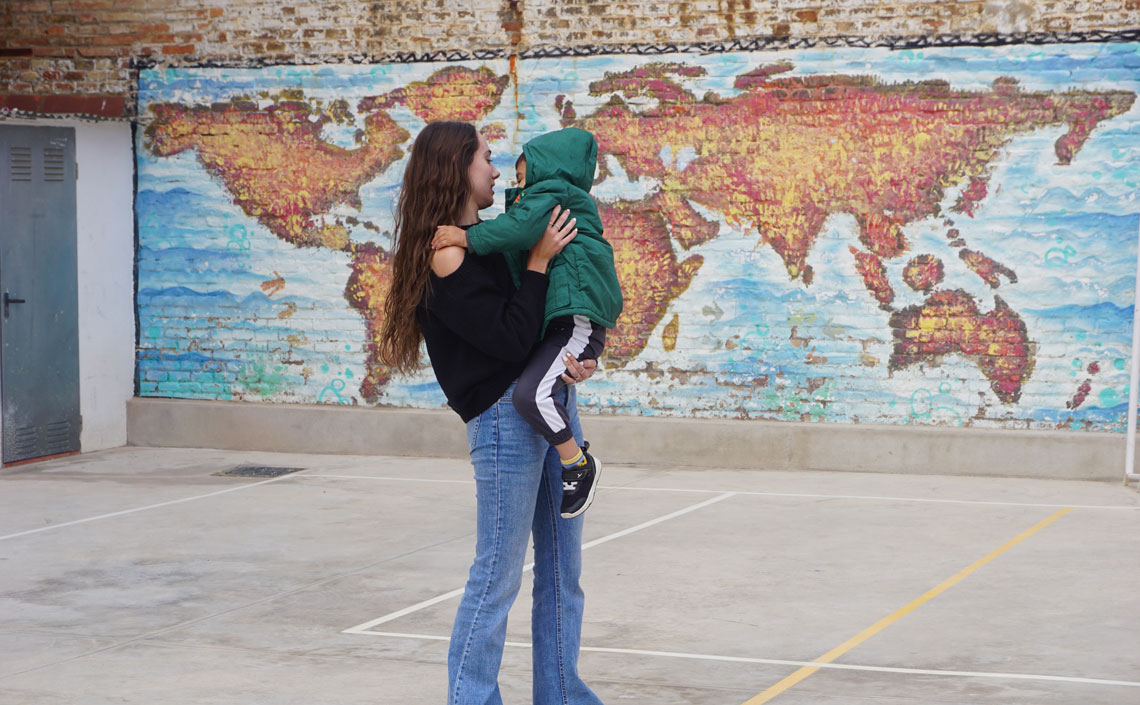
14% of the children in the socio-educational services of the Pere Tarrés Foundation have mental health disorders, but the educators estimate that the number could be much higher. This report from the organization analyzes the conditions of children and young people who attend socio-educational centers and highlights that socio-economic vulnerability is a factor that multiplies mental health problems.
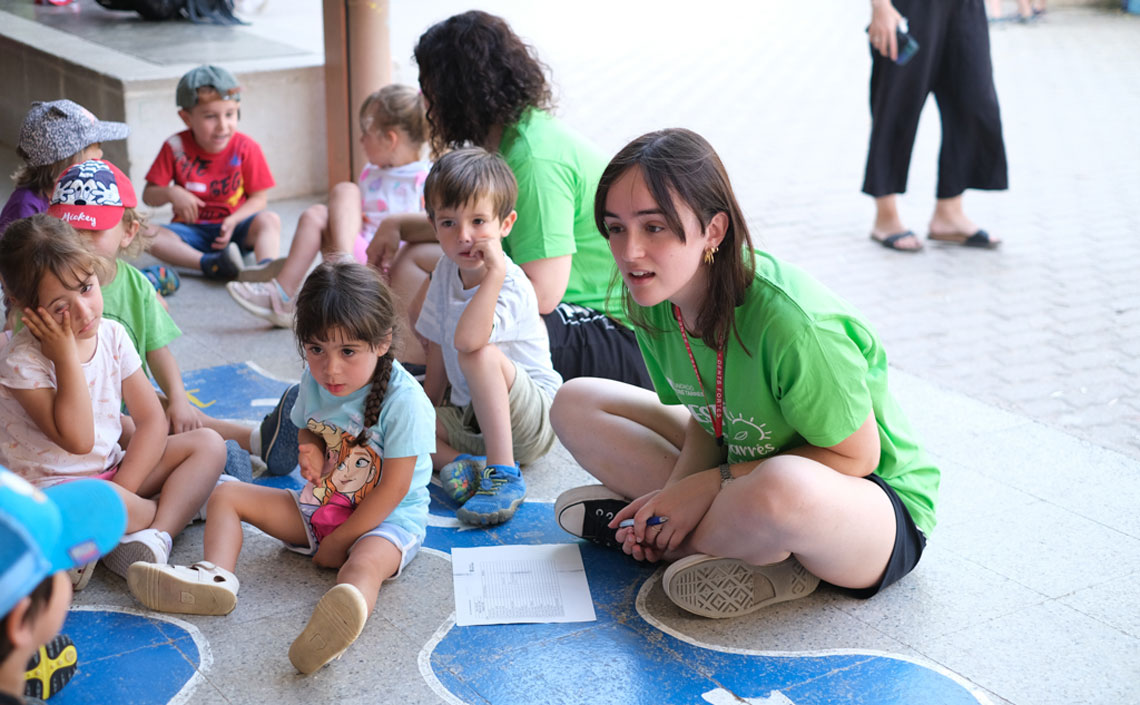
The vulnerable situation of people who apply for scholarships every year so that their sons and daughters can enjoy leisure activities in the summer remains in a critical situation after several consecutive years of crisis. This report by the Pere Tarrés Foundation on the living conditions of grantee families in the summer in the regions of Tarragona indicates an aggravation of vulnerability.
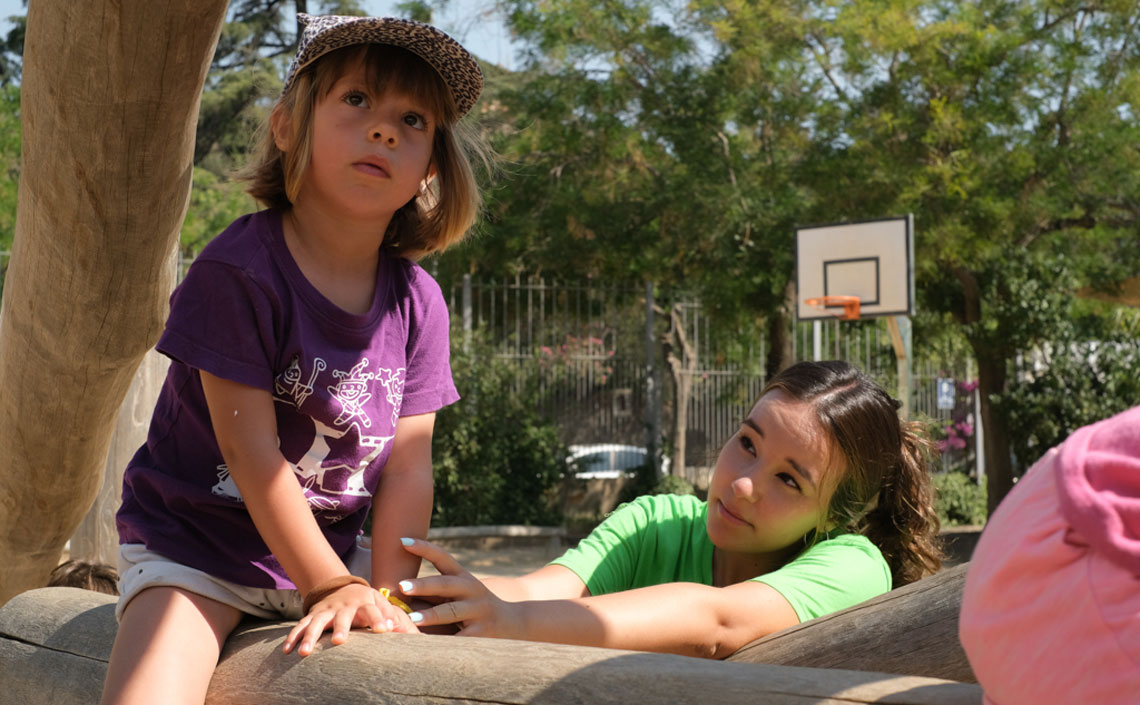
The vulnerable situation of people who apply for scholarships every year so that their sons and daughters can enjoy leisure activities in the summer remains in a critical situation after several years of crisis. Although some indicators reflect a slight improvement in poverty indicators in Catalonia, this report by the Pere Tarrés Foundation on the living conditions of grantee families in the summer indicates a worrying chronicling of vulnerability.
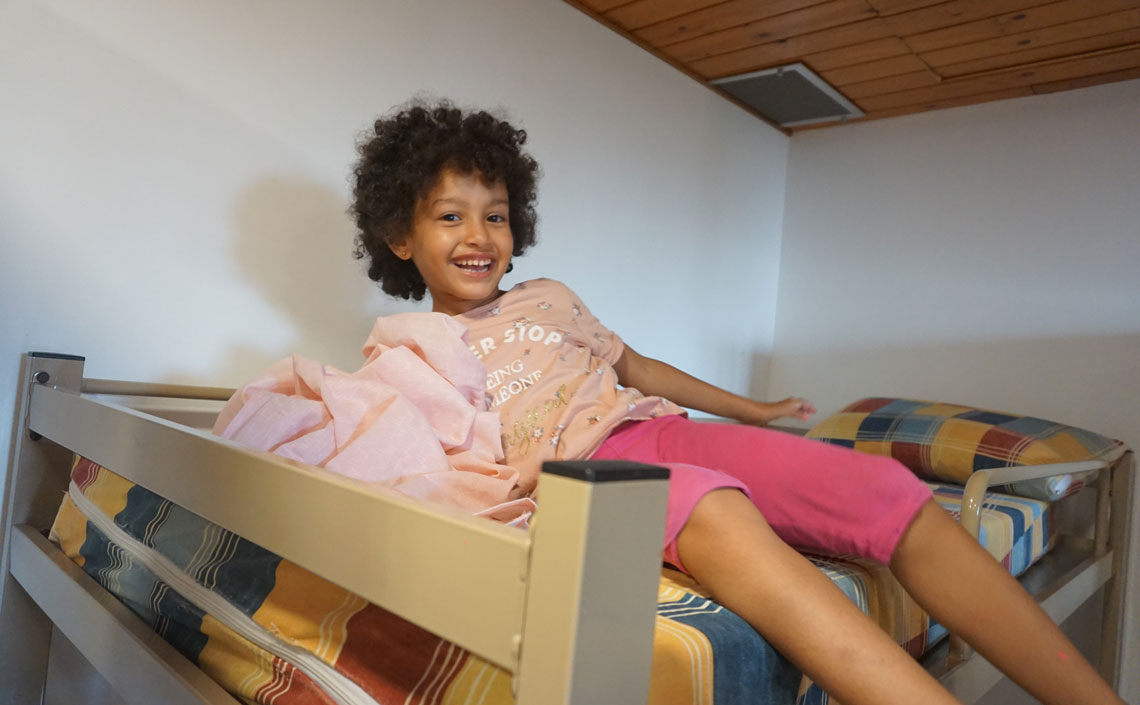
The economic and social consequences of the pandemic, the war in Ukraine and the rise in inflation are still lingering for many households, who live in extremely complicated situations on a daily basis. This is evidenced by this report from the Pere Tarrés Foundation which analyzes the conditions of families who apply for a scholarship to participate in leisure activities in the summer.
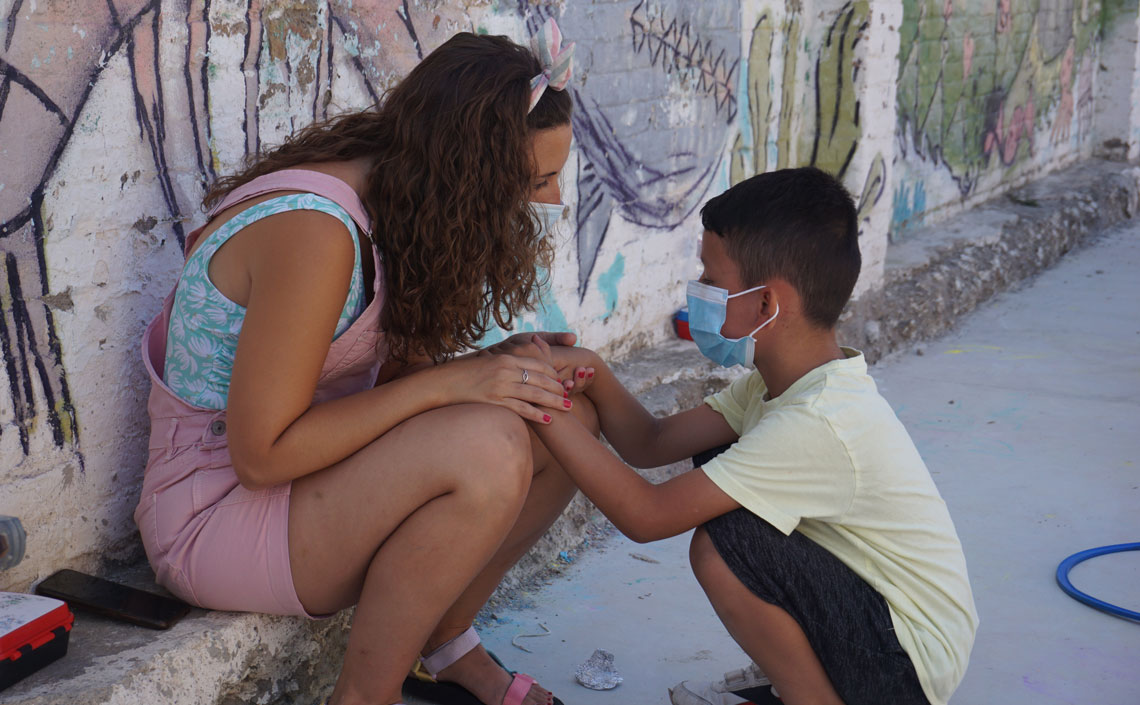
Using a mixed-method approach, this exploratory study surveyed 31 directors of ASPs administered by the Pere Tarrés Foundation. These ASPs serve almost 2000 children living under the federal poverty level in Catalonia, Spain. Results showed that the primary needs of children and their families revolved around: a digital divide that prevented them from accessing education remotely, financial difficulties, mental and behavioural problems and difficulty navigating pandemic-related information. The study also explores the ASPs' contributions to address such needs, like engaging families, schools and social and health services to meet the urgentneeds of the families, reinforcing school learning, providing support for managing emotions and providing guidance to families to help them better understand health information and gain access to available social and financial resources.
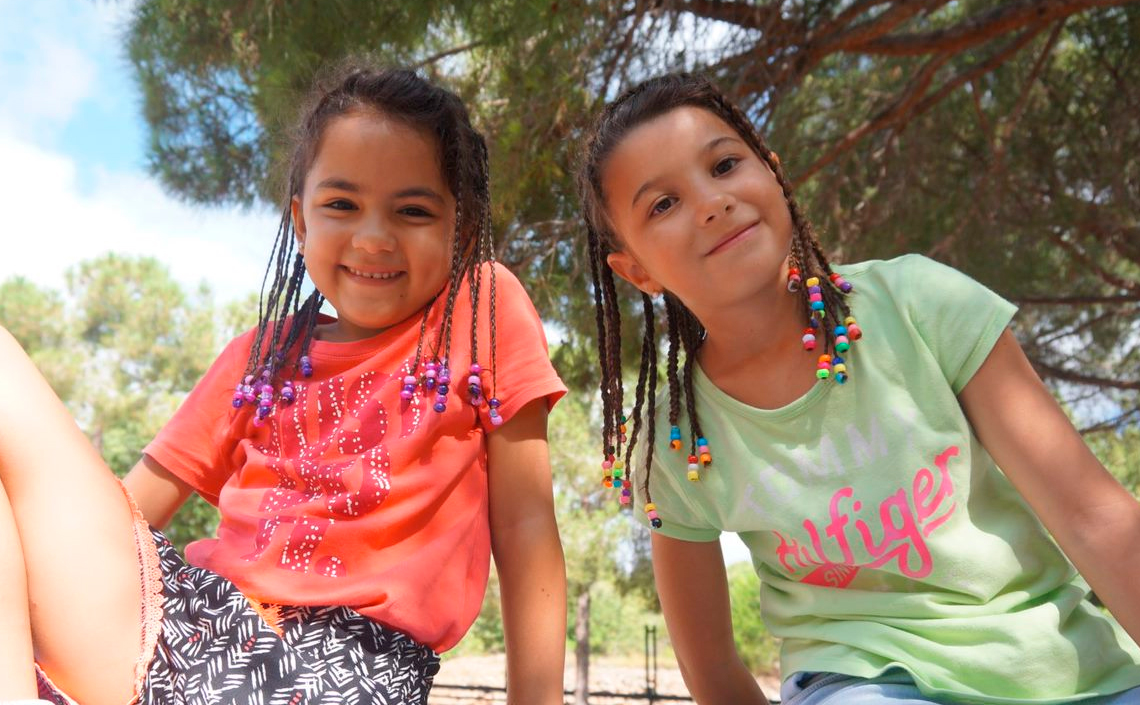
The consequences of the war in Ukraine have been added to the economic and social crisis generated by two years of the pandemic and this has further aggravated the situation of social vulnerability in which many families already found themselves. This is evidenced by this report by the Pere Tarrés Foundation, focused on families from the Tarragona region who have applied for a grant from the entity to enjoy leisure activities in summer.
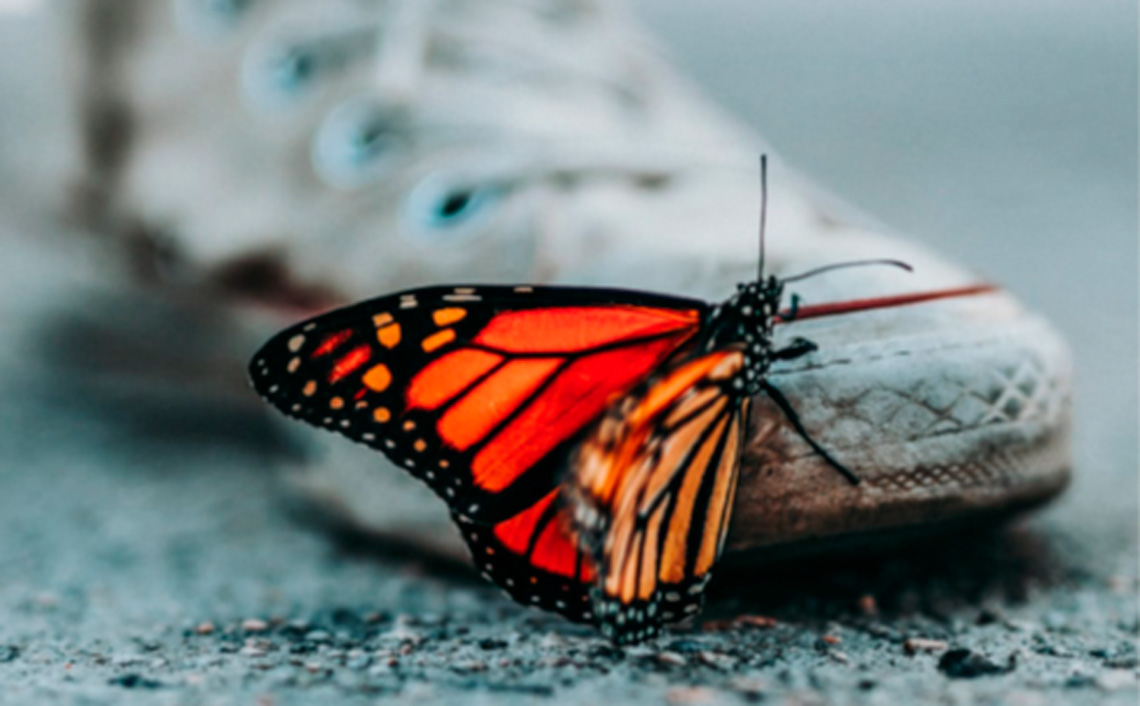
The Pere Tarrés Foundation, in collaboration with CaixaBank Banca Privada, has carried out this study, which makes an x-ray of child poverty and offers recommendations on how to channel philanthropic action to improve the quality of life of children and adolescents from our country, with the aim that each person can find a way to collaborate that best suits their motivations, resources and expectations.
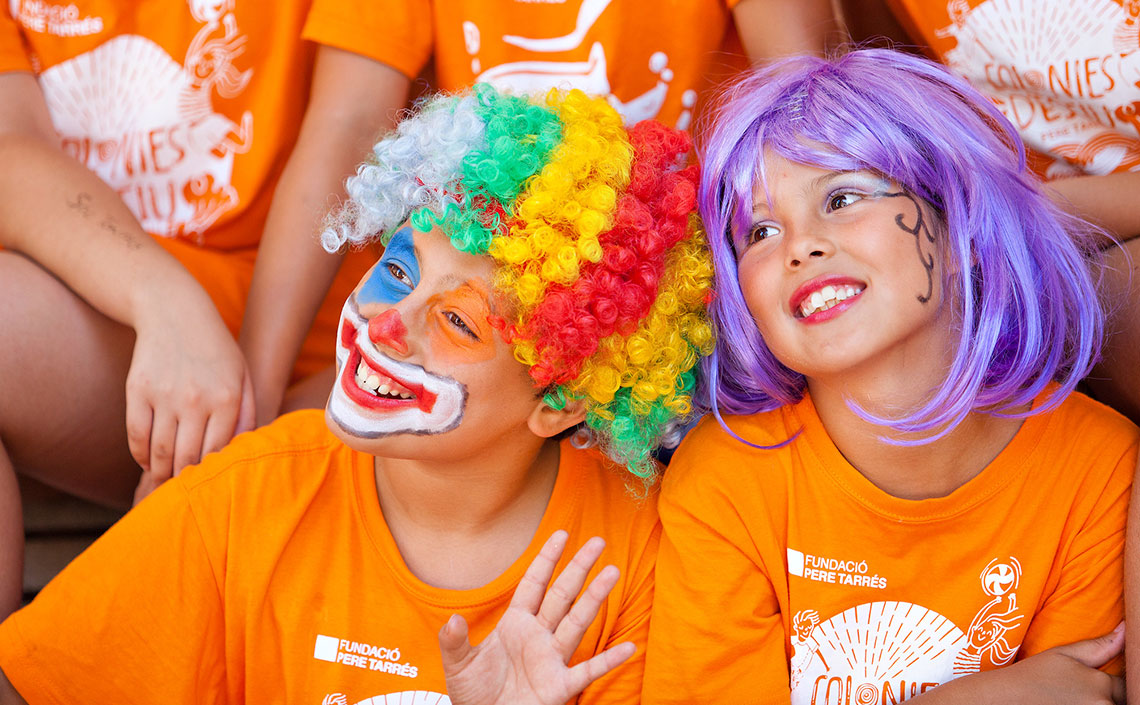
The successive economic and health crises that we are experiencing have further aggravated the needs of families and are drawing a new profile for families that request scholarships for the summer activities of the Pere Tarrés Foundation. This is stated in the report "No child without summer camps 2021: study on the living conditions of the beneficiary families of the summer scholarships".
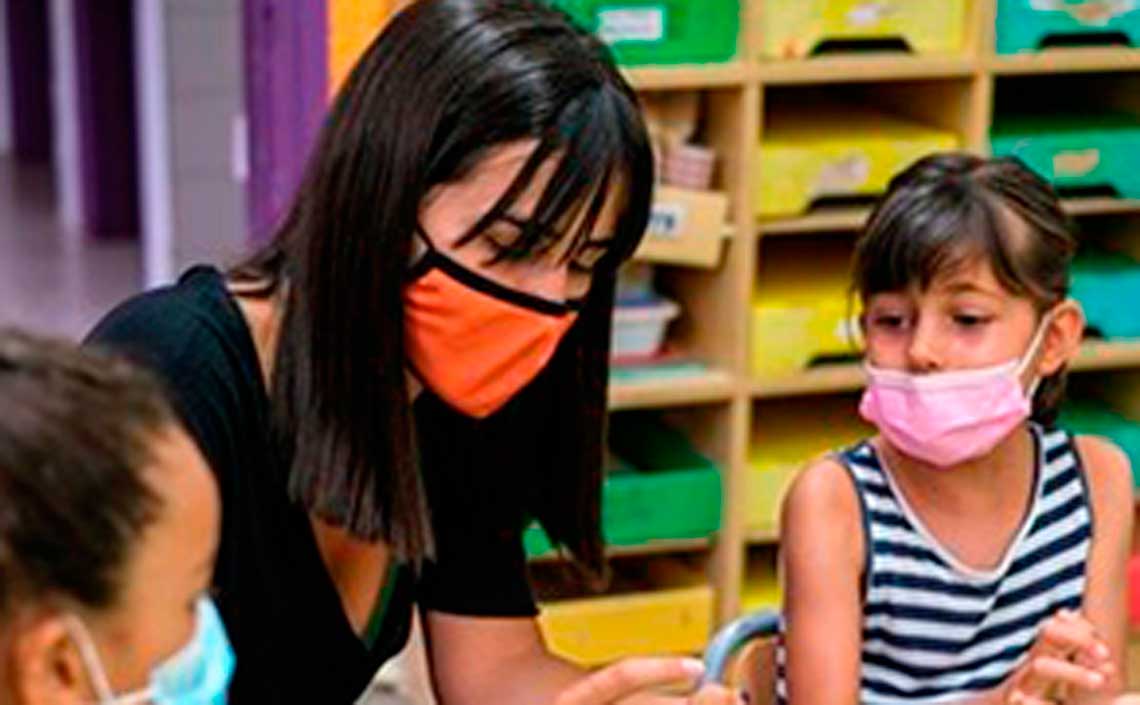
Prepared by the Fundació Pere Tarrés for the Didania and Fundación Promesa organizations, the report describes how leisure contributes to the construction of identity and the acquisition of key academic skills in children and young people. The work also draws a map of leisure resources throughout Spain that identifies the most relevant elements of the range of activities and, in the current context marked by the global pandemic of Covid-19, analyzes the response that from leisure has been given to the new needs arising from the social and health crisis and concludes that it can play an important role in meeting relational, food, psychological or recreational needs of children and young people.
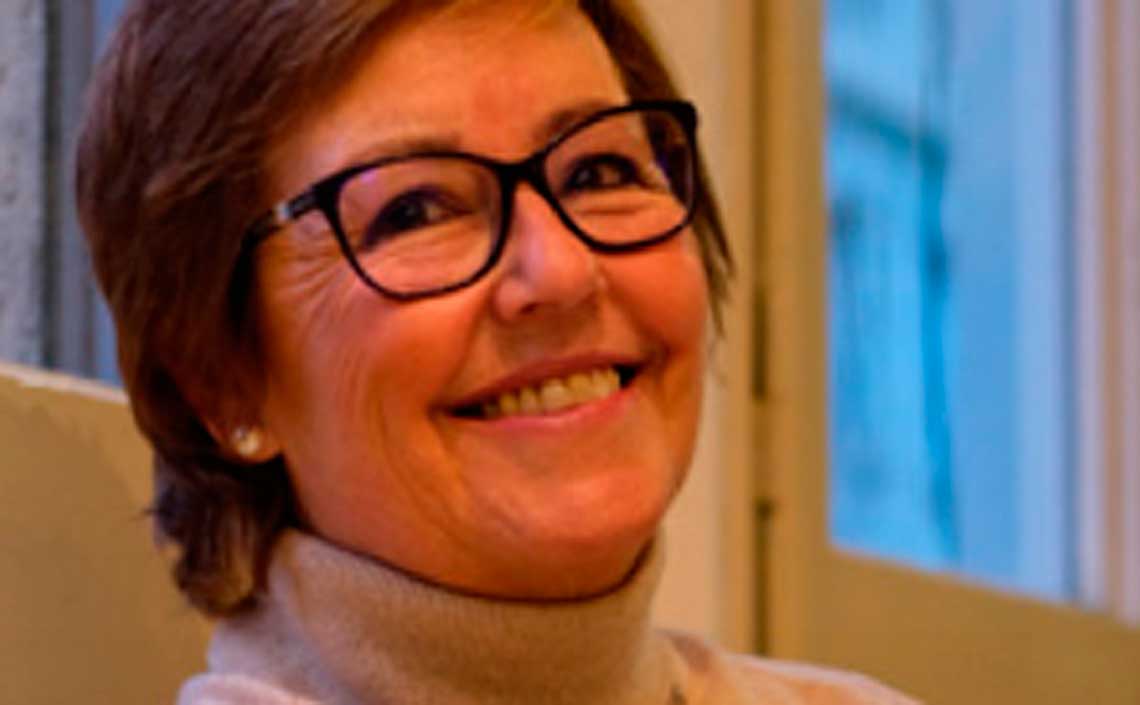
University programs aimed at the elderly improve the physical and mental health of the people involved, while benefiting their social and cultural life. This is evidenced by the research “Senior university education. Report on the social impact on students ”, prepared by the Pere Tarrés-URL Faculty of Social Education and Social Work and the Xarxa Vives, and in which nearly a thousand students from senior programs and catalan-speacking universities have participated.
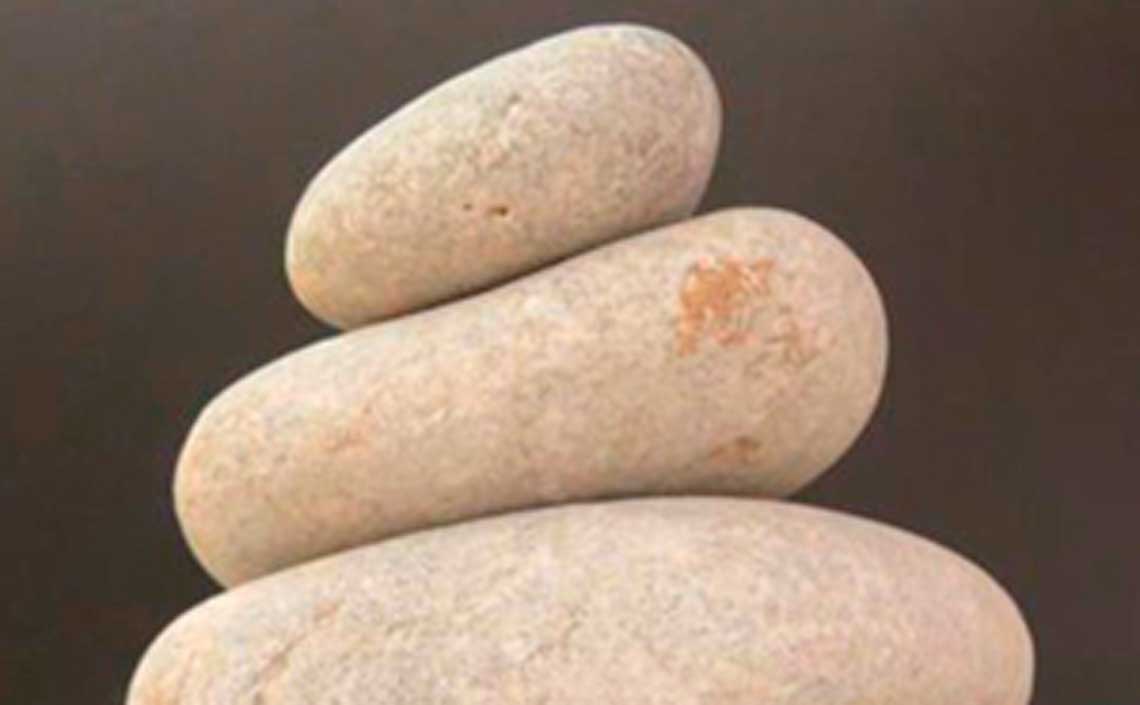
Exhaustion, emotional stress, lack of time for oneself, problems of personal and work conciliation, these are some of the sensations that, as a result of the pandemic, the non-professional caregivers, in charge of caring for the home of a dependent relative who is not linked to a professional care service. This is the analysis of this study by the Pere Tarrés Foundation, which has been prepared thanks to state funding from 0.7% of personal income tax.
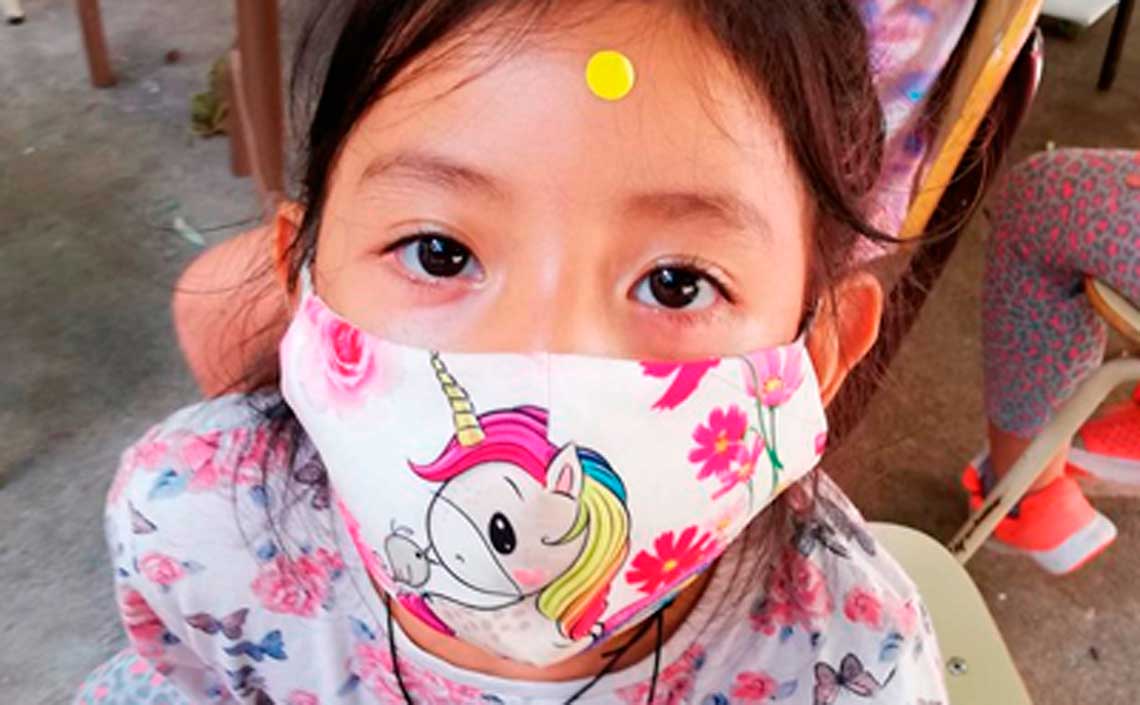
The economic and social crisis as a result of Covid-19 is drawing a new family profile requesting scholarships for the summer activities of the Pere Tarrés Foundation. This is stated in the report ‘The living conditions of the beneficiary families of the Pere Tarrés Foundation summer activities scholarships’.

Housing is one of the indicators most sensitive to poverty and social exclusion in childhood. The report 'Housing, Children and Health', which is part of the Pere Tarrés Observatory for the Promotion of Children, highlights that the conditions of family homes have worsened as a result of Covid-19 and are the cause of diseases such as stress or anxiety, in addition to having emotional consequences due to the stigma of poverty and affecting school performance.
Consult the report
Read the news
See the report presentation
See the report video
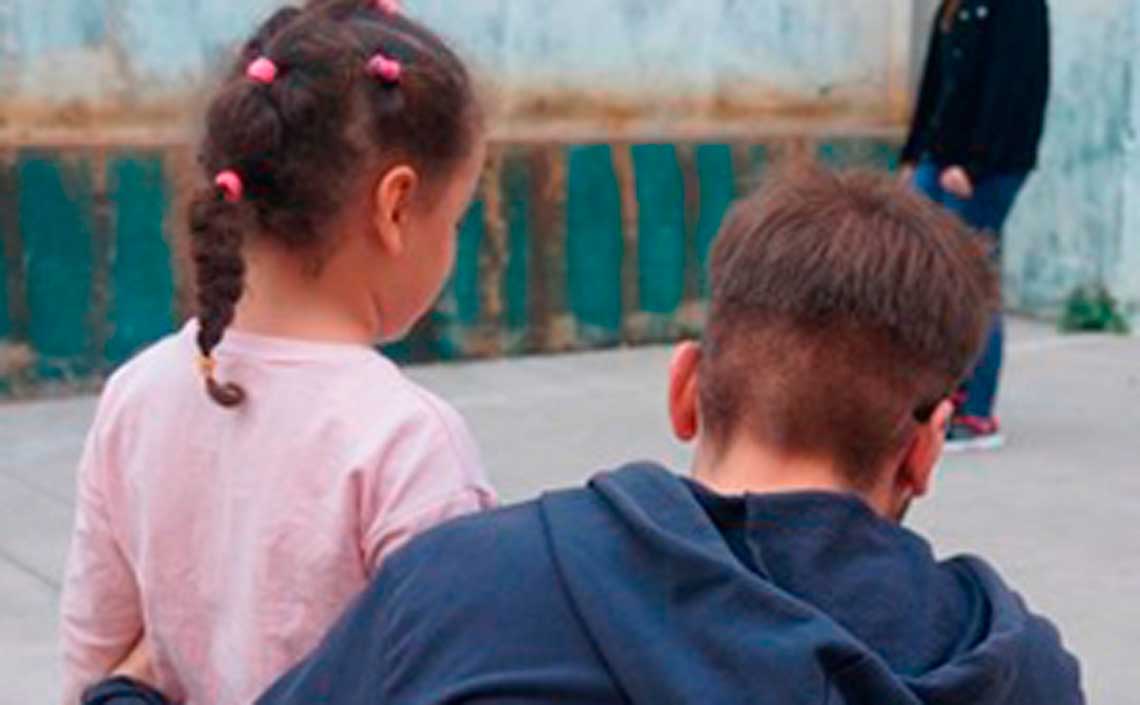
This report focuses on the health dimension of the concept of social advancement of childhood. Specifically in the field of feeding, physical activity and hygiene of children in Catalonia and Spain, considering the impact of social class and gender on health. The data reveal the enormous effect that social class has on the health of children.
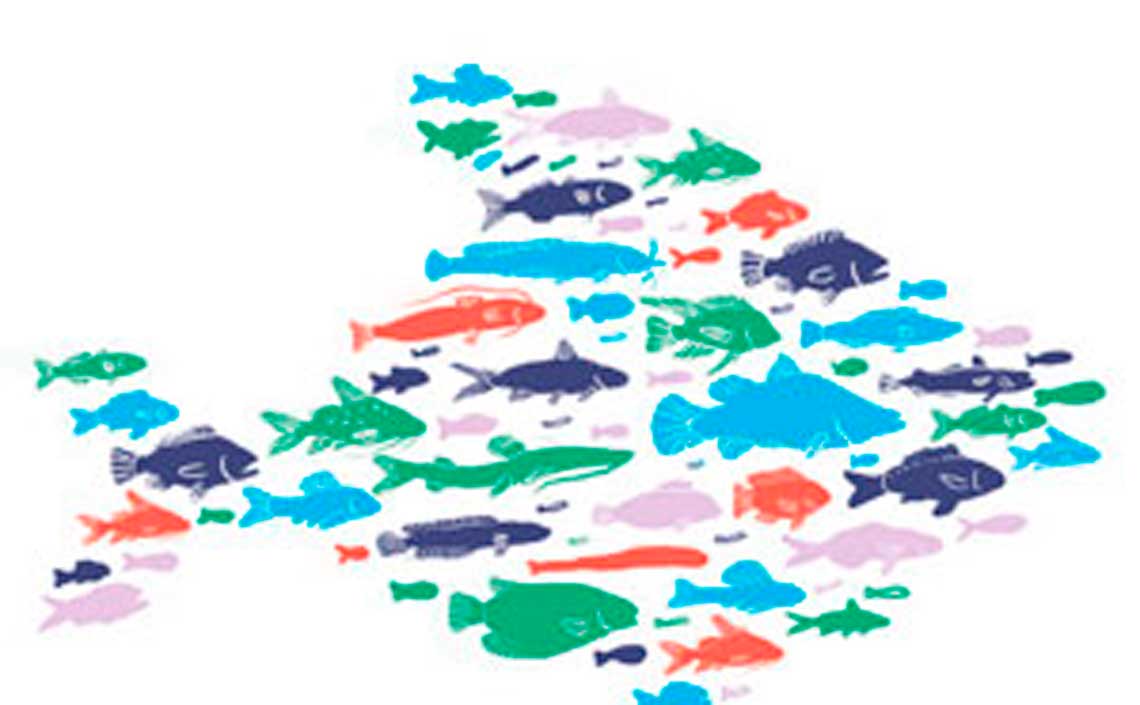
The report published on November 27, 2019 has been based on the analysis, from a qualitative perspective, of the social base of the entities, one of the main challenges of these organizations in Catalonia. The study has been carried out based on several discussion and debate groups with people from entities throughout the Catalan territory. Some of the conclusions show the difficulties of the relays in the entities, especially of the boards of directors, and show the difference in the social base depending on the scope of action and the technical structure of the organization.
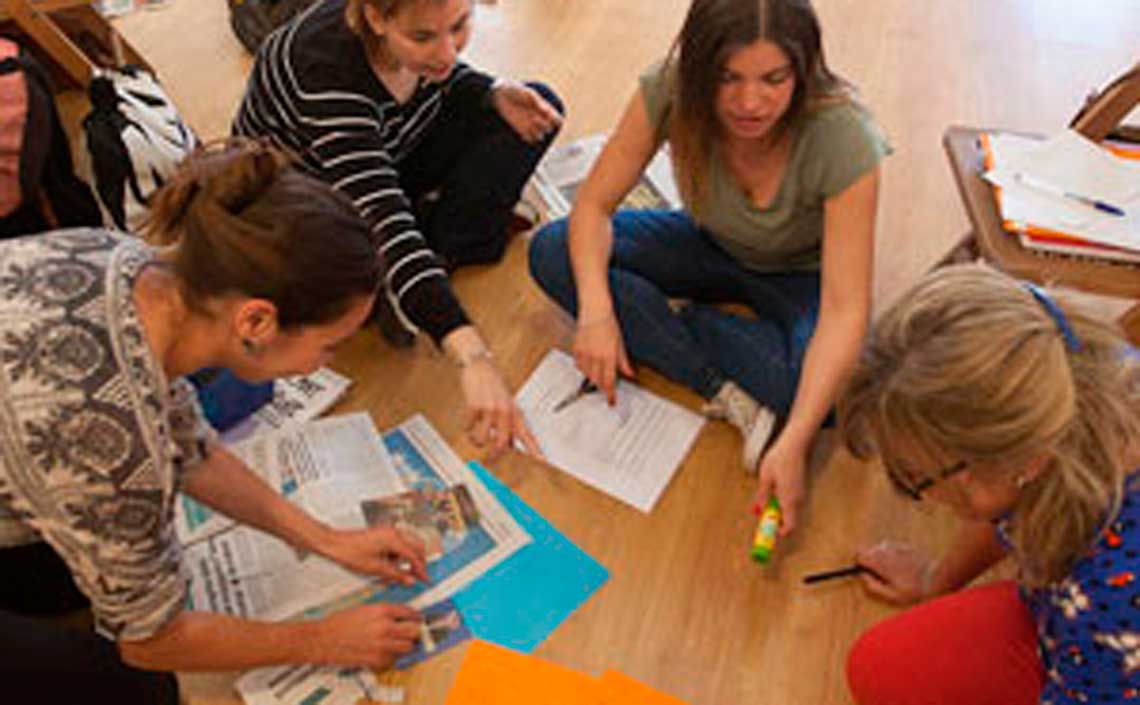
The Pere Tarrés Faculty of Social Education and Social Work –URL presents the results of the project “Key competencies developed through leisure education relevant to academic success and improving youth employability”. The investigation shows how leisure activities improve the educational and professional competencies of their participants, helping break the circle of the poverty of many children and young people who live in vulnerable situations.
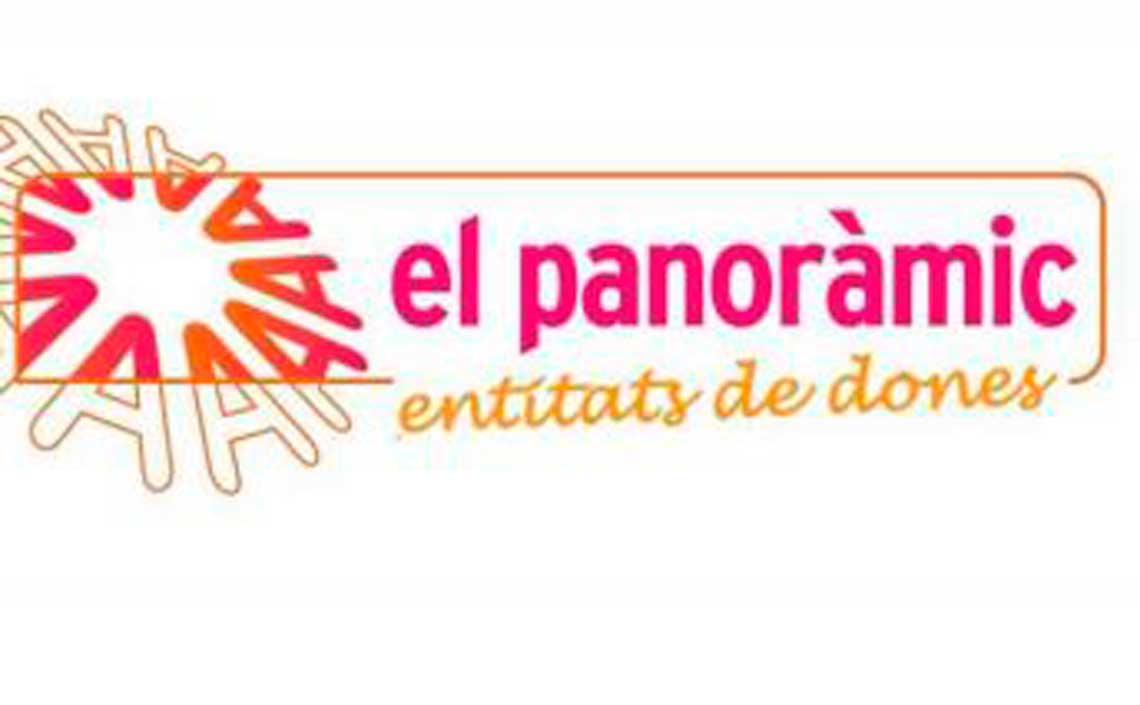
A total of 2,342 non-profit entities have participated in El Panoràmic 2017. This edition goes into depth on non-profit organizations and compares them with the entities of the Catalan third social sector as a whole. Those from the municipalities of the province of Tarragona comprise 8% (195). The data paints a portrait of a heterogeneous sector. Notably, 32% of the entities in Tarragona are geared toward culture, including both traditional and popular culture as well as different forms of contemporary artistic expression. 20% are considered historic, as they were founded before 1980.
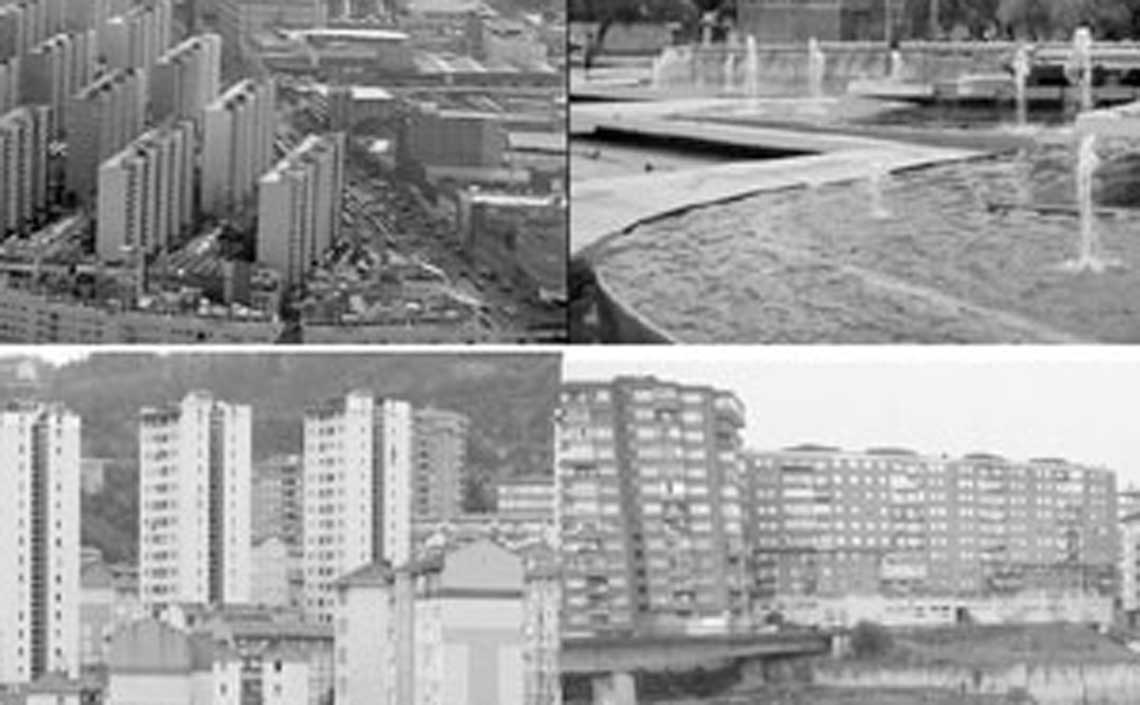
This investigation, conducted by the Research, Innovation and Social Analysis Group (GIAS in Catalan) of the Pere Tarrés Faculty of Social Education and Social Work – URL, analyses how the leisure and sociocultural practices designed for children, adolescents and young people and led by social organizations and entities promote the social cohesion of the districts where they act. The study focuses on two districts in Barcelona and two in Bilbao and is conducted in collaboration with the University of Deusto and the University of the Basque Country.
Consult the report
Read the news
Link to the opinion article
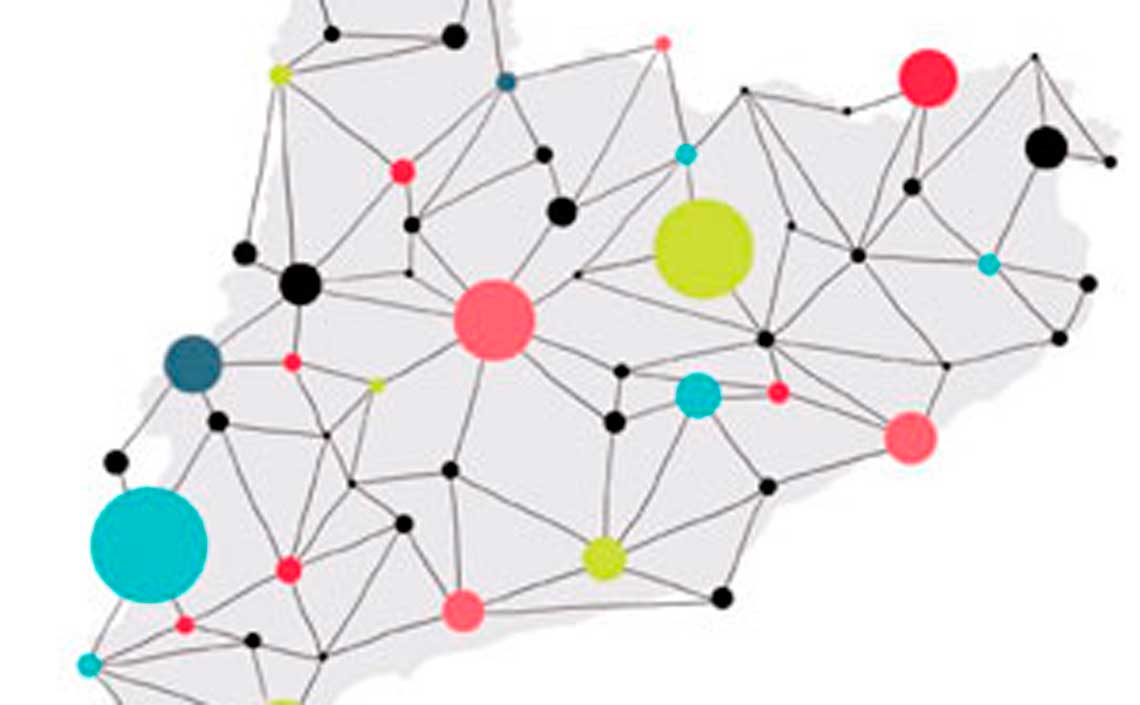
The role non-profit entities play in Catalonia in generating social cohesion, transmitting values, encouraging citizen participation, improving people’s quality of life and spreading culture is widely recognized. Obtaining the broadest and most realistic assessment possible is the goal of this report. The entities behind it are the Council of Associations of Barcelona (CAB), the Pere Tarrés Foundation, the Ferrer i Guàrdia Foundation and the Observatory of the Third Sector.
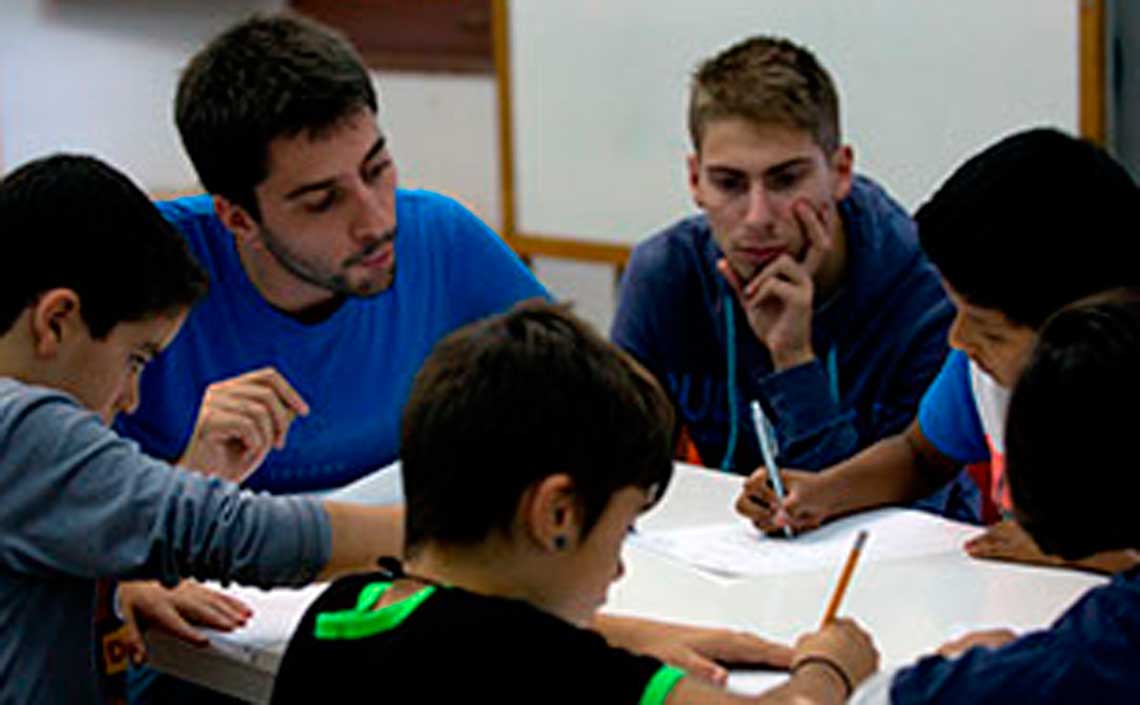
94% of children who participated in the Pere Tarrés Foundation’s academic support programme during the 2017-2018 school year believe they have achieved better academic results in school. The Pere Tarrés Foundation runs an academic support programme in 40 centres spread throughout Catalonia, serving 557 children between ages 6 and 17 who need help with their school work and who, in part, experience situations of social vulnerability.
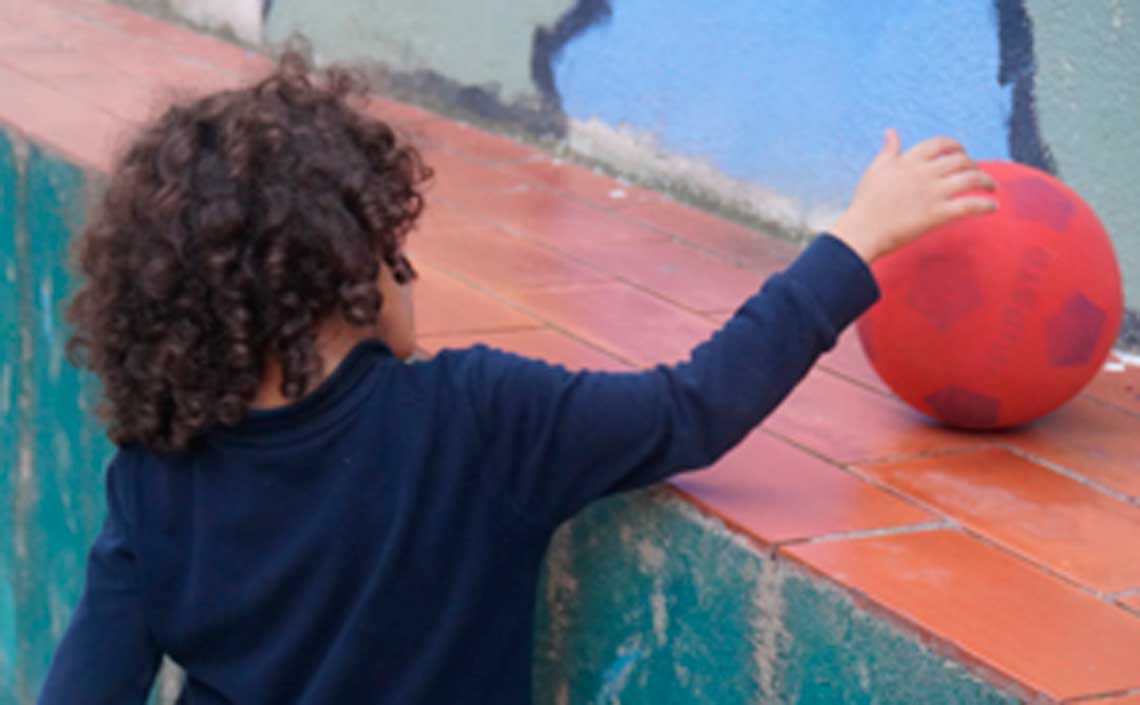
The aim of the report Impacte dels factors socials en l’atenció a la salut mental. Estudi empíric en els centres de salut mental infantojuvenil i d’adult de Sants- Montjuïc elaborated by the Pere Tarrés Foundation and the Sant Pere Claver Health Care Foundation is to identify social risk factors and analyse how they influence the service provided to people with mental health problems. The report analyses the difficulties and complexities of mental health care when vulnerability and risk of social exclusion are present in the patient’s social and family environment. The document also includes recommendations which should serve to develop proposals for improving the way different services treat individuals with mental illnesses and the people around them.
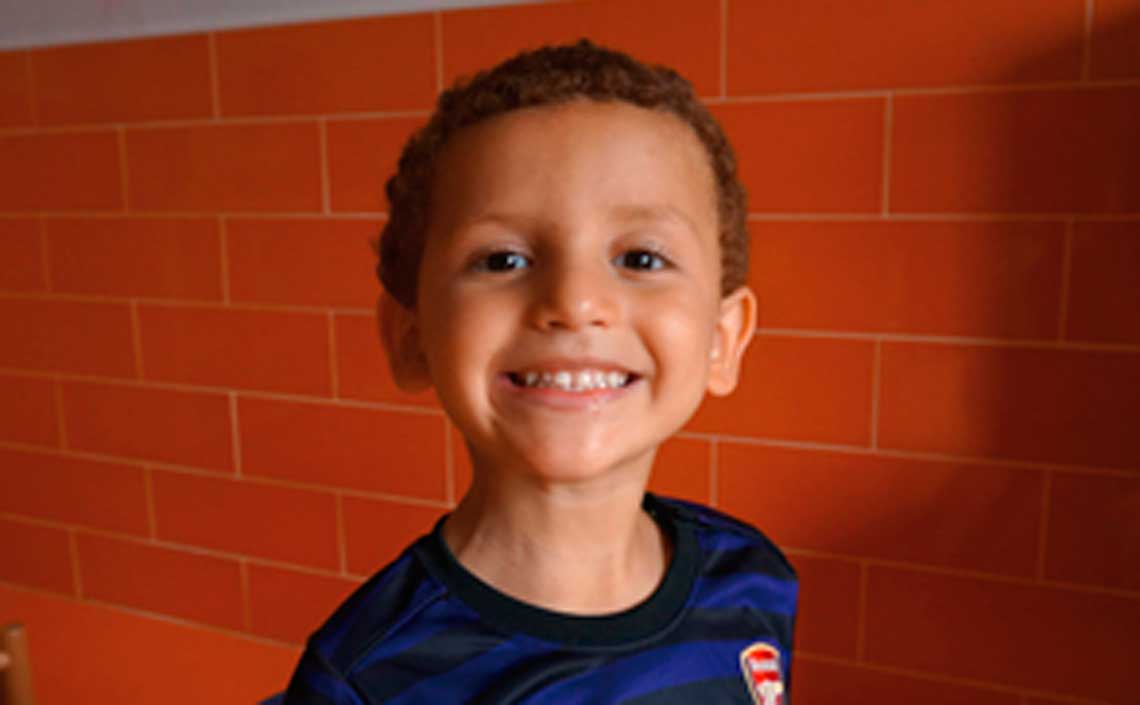
What are the dental health needs of vulnerable children? How does the public health care system cover this basic children’s right? A report by the Pere Tarrés Foundation, produced with the collaboration of ADE in three socio-educational centres, has concluded that 66% of the children have conditions which require medical treatment, but which their families are unable to pay for. The socioeconomic situation of families is a determining factor in children’s dental health, and dental problems can have a serious impact on children’s physical, emotional and social well-being.

On behalf of the Municipal Government of Figueres, the Pere Tarrés Foundation has completed the project, “In-Depth Study of Poverty”, to bring the indicators on the map of vulnerability up to date, measure economic poverty and calculate the AROPE (at risk of poverty or social exclusion) rate. In 2017, 47.8% of the population of Figueres found itself at risk of poverty or social exclusion, a rate 25.3% higher than the average for Catalonia as a whole (22.5%).
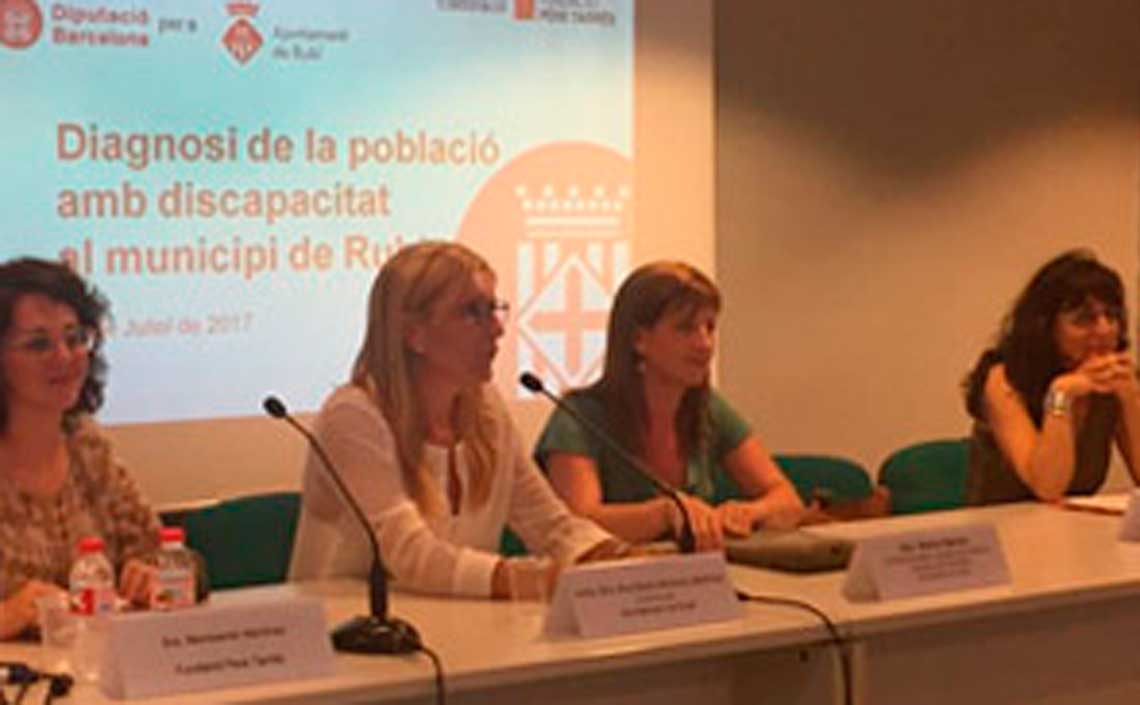
In 2017, we conducted a study of the population with disabilities in the municipality of Rubí to fine-tune the strategies of the Holistic Care for People with Disabilities and Functional Diversity Plan, currently in preparation.
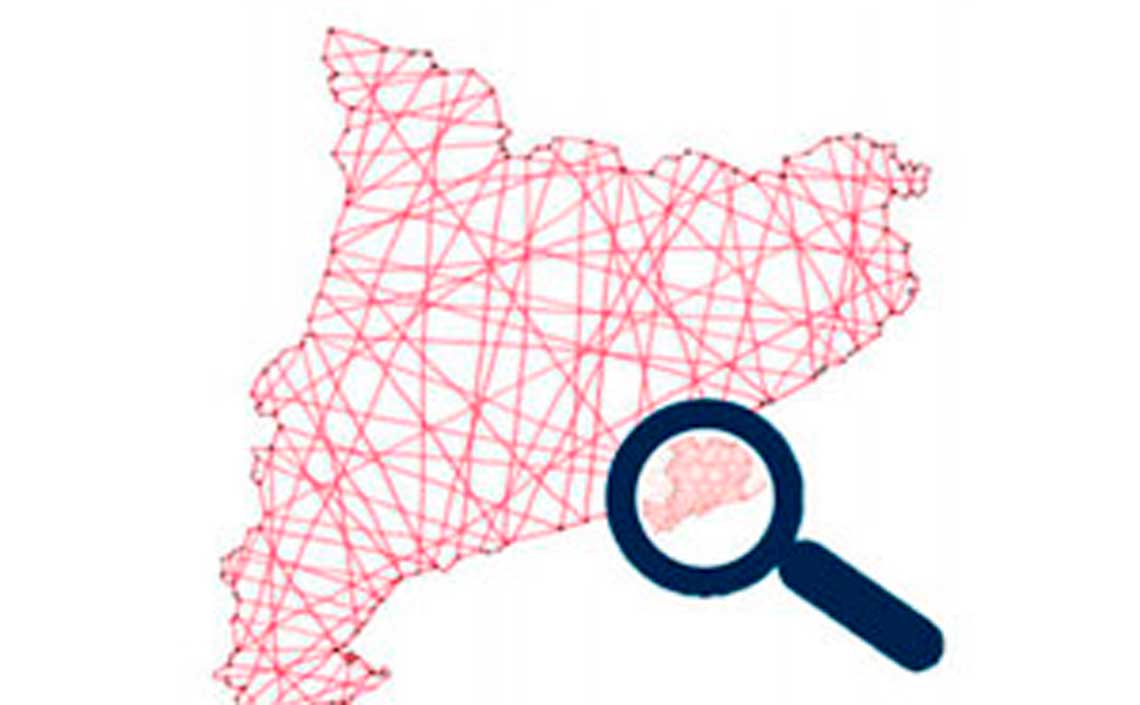
The Catalan Institute of Women (ICD for its initials in Catalan) and the Pere Tarrés Foundation have conducted the study El Panoràmic 2016 de les entitats de dones to deepen knowledge and draw attention to the reality and challenges faced by the wide and diverse network of women’s rights organizations that work for the effective equality between women and men. The Pere Tarrés Foundation, which has prepared the study in collaboration with the Council of Associations of Barcelona, the Observatory of the Third Sector and the Ferrer i Guàrdia Foundation, has accounted for the existence of 950 entities with these characteristics, which represent 4% of all non-profit organizations in Catalonia.
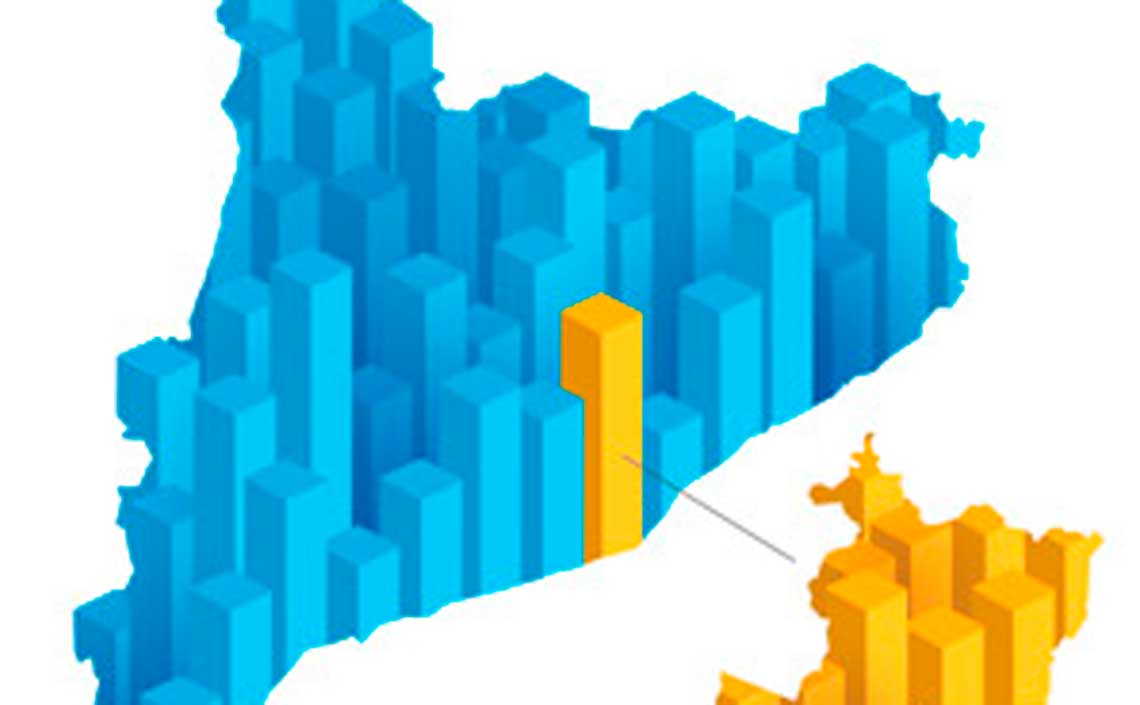
Extensive collection of data and charts which paint a picture of the strengths and weaknesses of the non-profit sector, including the participation and operations in the entities themselves, their methods of financing and challenges for the future. Over 2,200 non-profit organizations have participated in this report prepared by the Pere Tarrés Foundation, the Council of Associations of Barcelona, the Observatory of the Third Sector (OTS), the Ferrer i Guàrdia Foundation, Torre Jussana and La Caixa Foundation.
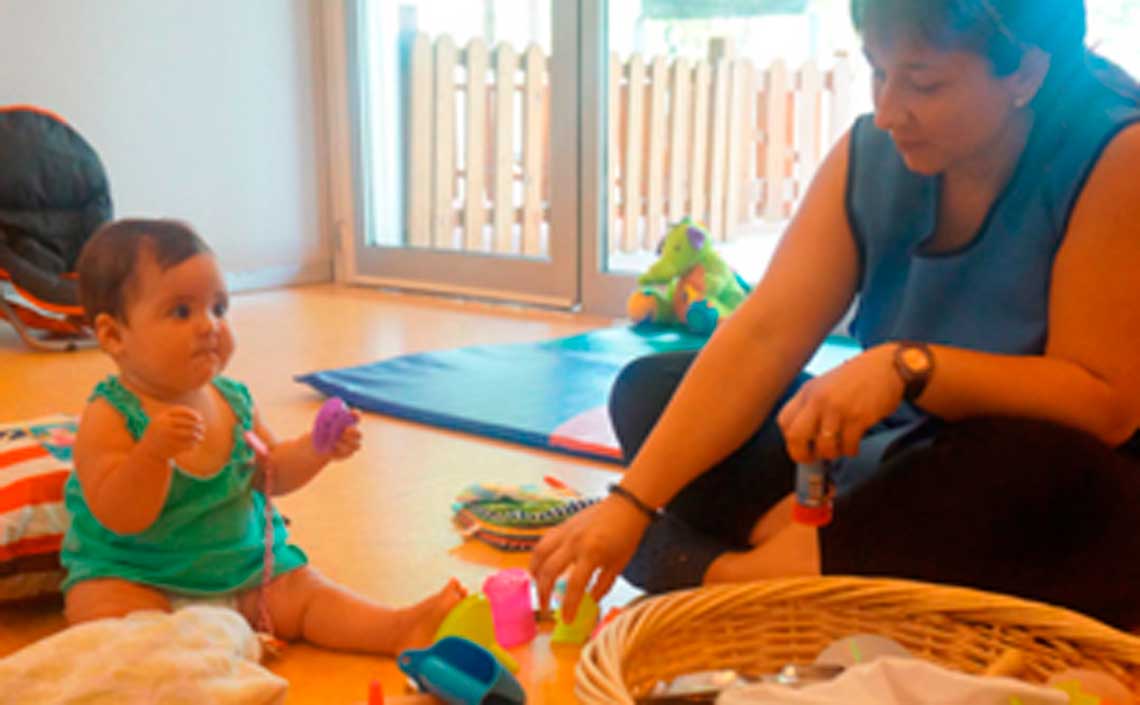
The report Model d’escola bressol inclusiva, led by the Pere Tarrés Foundation with the collaboration of Hospital Sant Joan de Déu and the Faculty of Psychology, Education Sciences and Sport at Blanquerna – URL, reveals the difficulties of nursery schools to serve children with special education needs and socioeconomic difficulties.
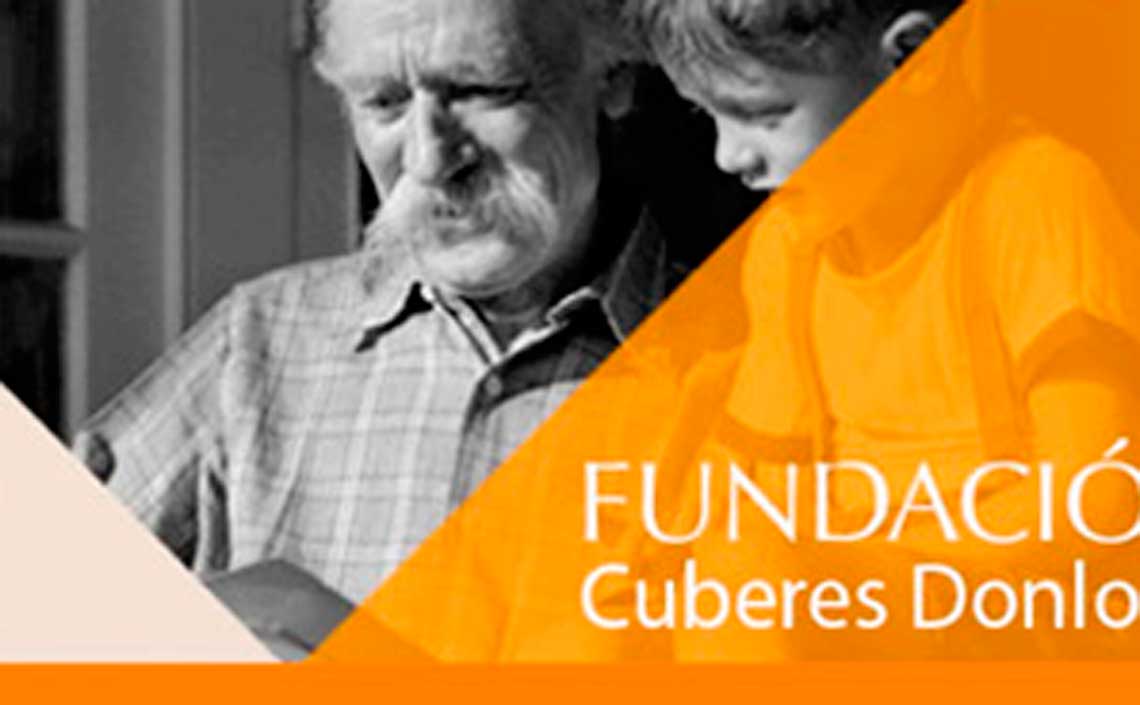
With the growing ageing of the population, society faces challenges like the solitude, the functional limitations and, quite frequently, the economic instability of elderly people. To address these issues, the Pere Tarrés Foundation conducted a study for the Cuberes Donlo Foundation that reveals to what point personal and intimate connections are essential for maintaining and improving quality of life.
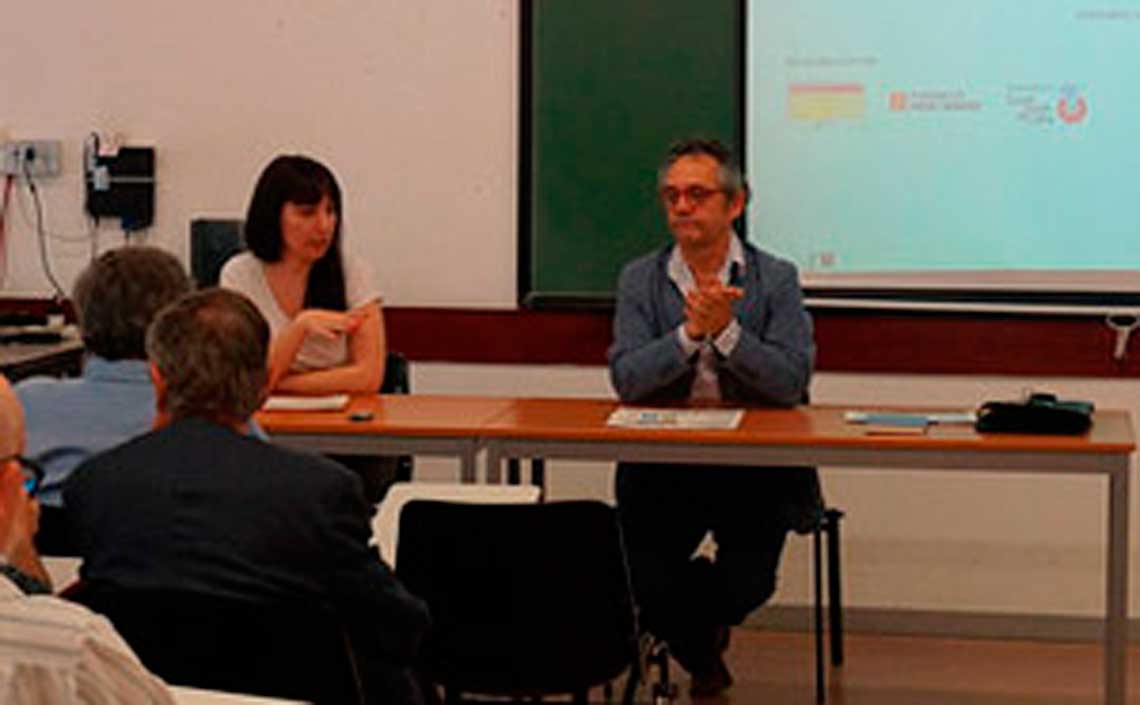
More than 1,200,000 people benefited from the work of religious social entities in 2014. The source of these figures is research led by the Professorship of Social Inclusion (Ramon Llull University) and the Pere Tarrés Foundation with the collaboration of the Sant Joan de Déu Teaching Campus.
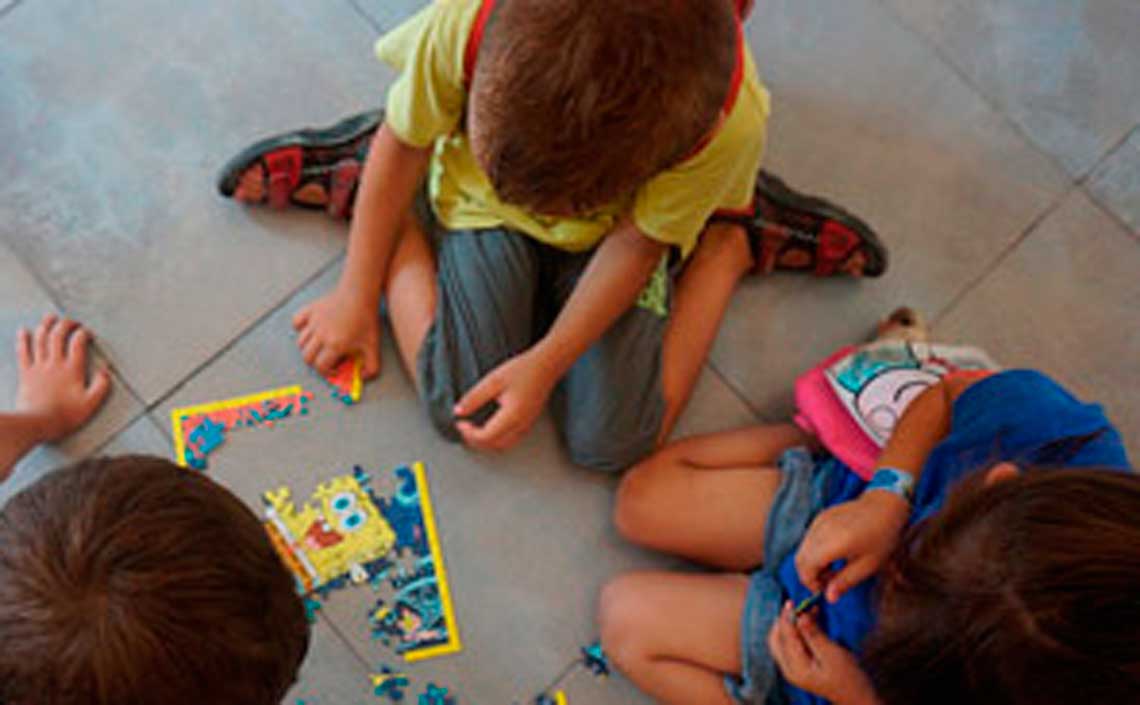
The Pere Tarrés Foundation and the Catalan Mental Health Federation prepared the report Atenció a la salut mental infantil i adolescent, which addresses the weaknesses and needs of the system and contemplates 7 challenges and concrete proposals for improving the holistic care given to children and adolescents.

The report emphasizes that 92% of the children interviewed believe that the academic support programme has made them improve their results in school. The children affirm that the programme has helped them improve in aspects related to homework, such as learning to do it better, record upcoming tasks in their assignment books or bring the work, completed, back to school. Other aspects which children have also seen improve significantly include knowing what to do to complete projects and study for exams, as well as how to plan and organize themselves for studying.
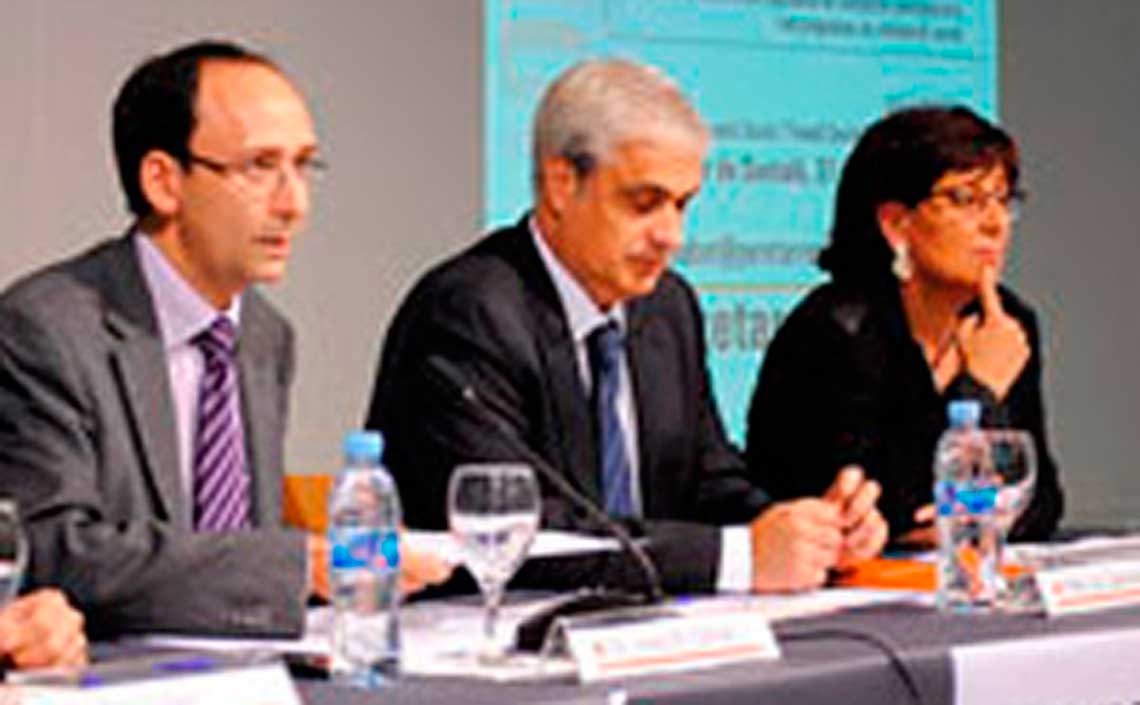
The research has been conducted during three years, analysing two socio-educational experiences of different types: the Therapeutic and Educational Unit of the Penitentiary Centre in Villabona, Asturias and the Bizitegi Association of Bilbao, Basque Country, which serves homeless people with drug dependencies or serious mental health problems.
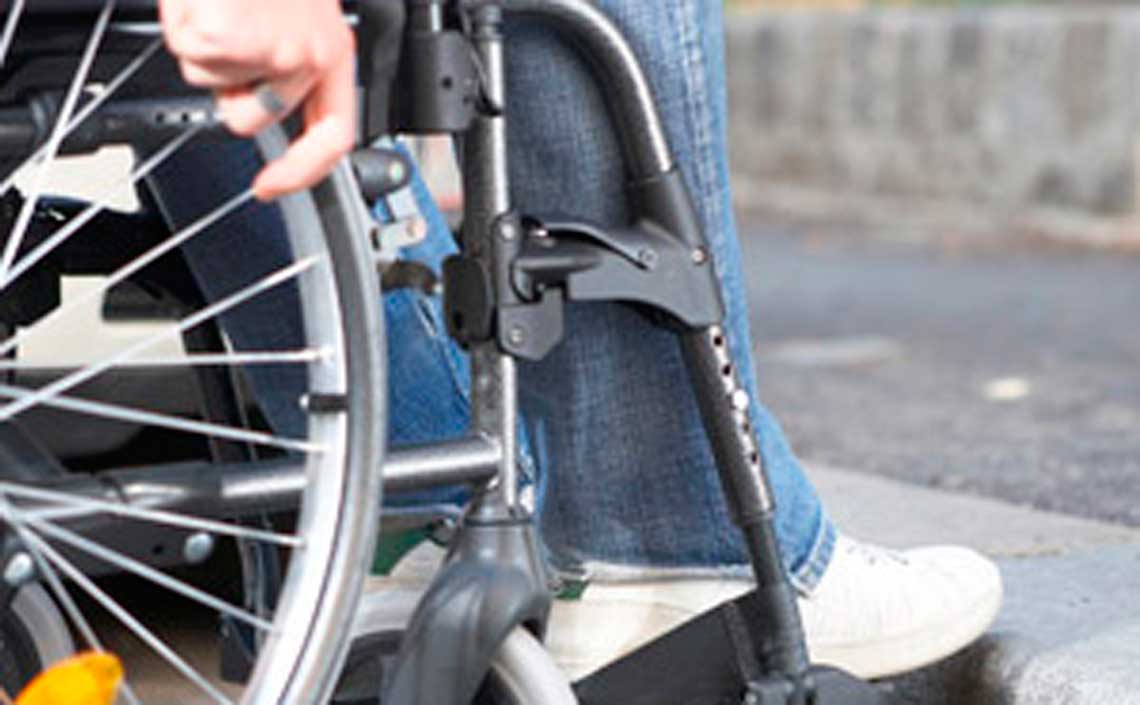
Conducted by the Multiple Sclerosis Foundation (FEM for its initials in Catalan) and the Pere Tarrés Foundation, the study reveals the multiple needs that people with multiple sclerosis consider important for improving their quality of life: emotional support, rehabilitation, exhaustive and authoritative information on the disease and its treatments, guidance through advanced and palliative phases, accompaniment in the process of professional and educational insertion, requesting aid and support for caretakers.
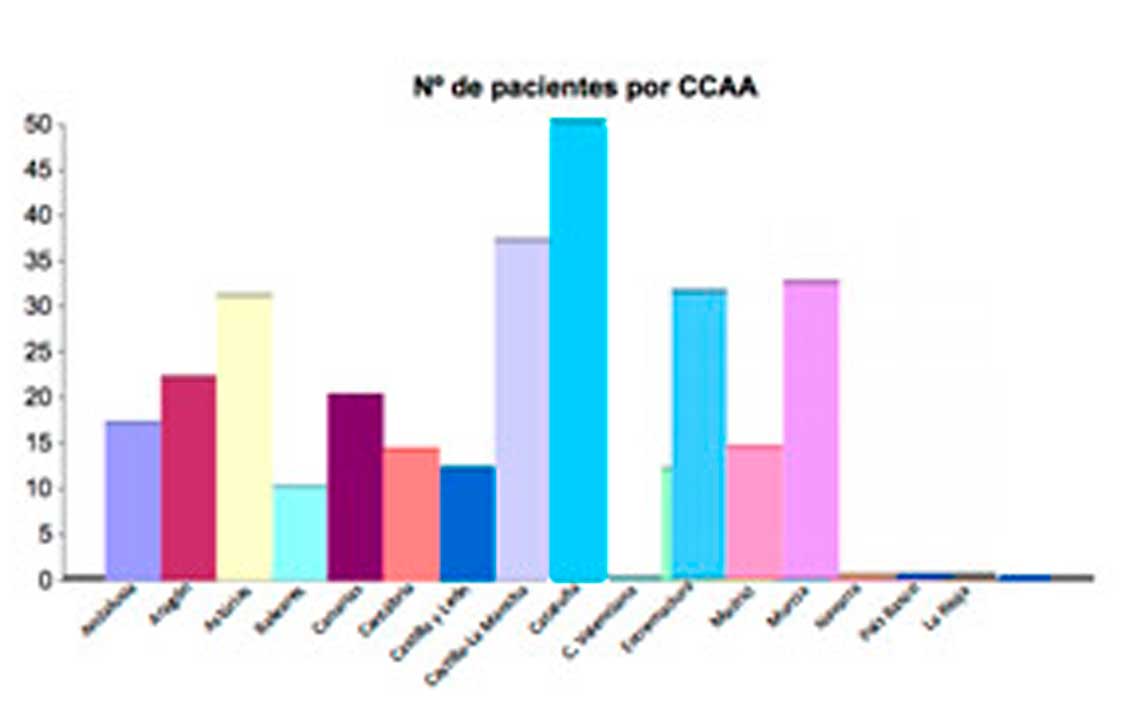
The goal was to identify the real situation, in our country, of the impact of fibromyalgia on patients’ family, professional, social and economic situations, as well as the responses produced in their surroundings.
The Foundation
How we do
Transparency portal
Sustainability and environment
Quality
Ethical commitment
Quality
Promoting equality
SDG
Networking
Recognition and awards
Who endorses and supports us
Charity projects
Presentation
Projects
How to help
Cooperation
Transparency and accountability
Frequently asked questions